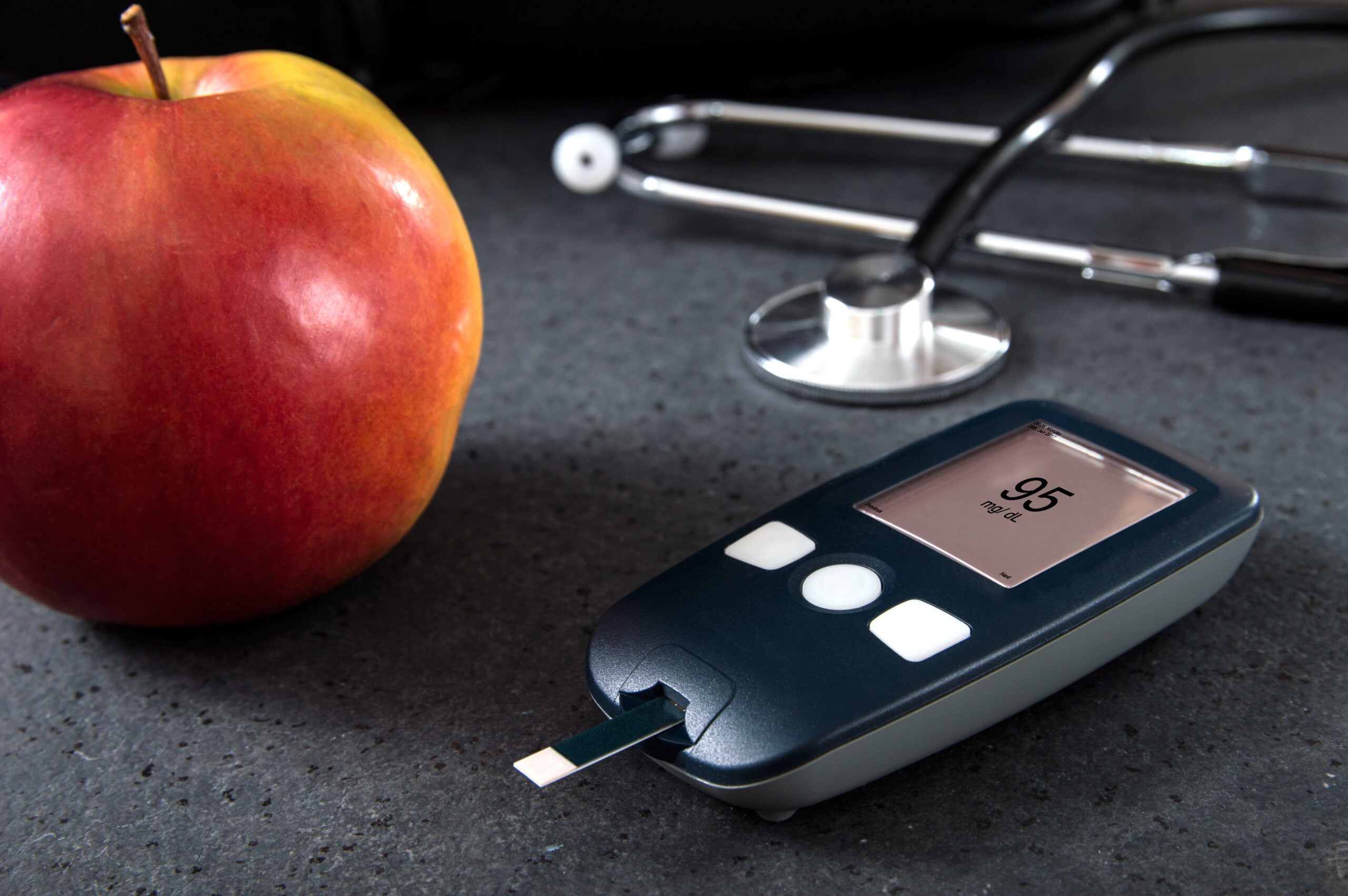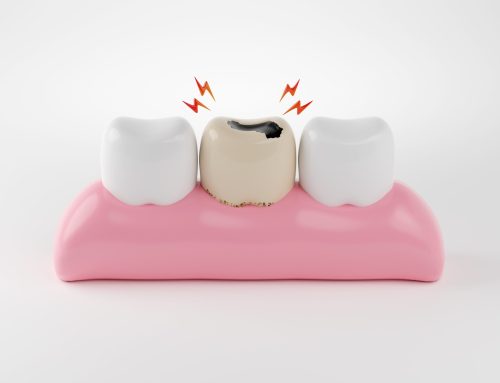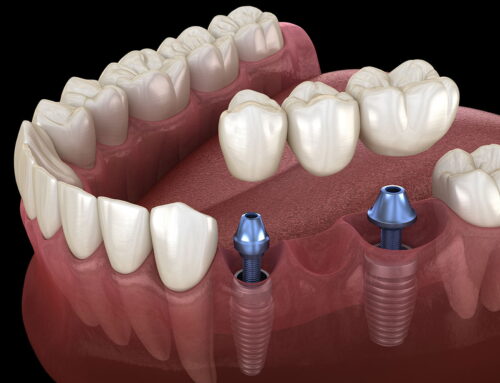The intricate link between diabetes and dental health is a topic of vast significance that goes beyond the general knowledge of maintaining a radiant smile. The connection between blood sugar and dental health is not only enlightening but also a gateway to better health management for over 5.7 million Canadians living with diabetes. Understanding the diabetes-dental health link can empower individuals to take proactive steps in managing their health holistically. This blog delves into how blood sugar levels can impact dental health and provides tips on how to maintain a healthy smile amid the challenges posed by diabetes.
Understanding Diabetes
Diabetes, a prevalent chronic disease, manifests when the body’s ability to produce or respond to insulin is impaired, resulting in abnormal metabolism of carbohydrates and elevated levels of glucose in the blood. There are two main types: Type 1, where the body can’t make insulin, and Type 2, where the body doesn’t produce enough insulin or the insulin doesn’t work properly.
Diabetes can bring numerous additional complications, such as heart disease, kidney damage, and nerve damage. However, one of the lesser-known complications of diabetes, yet significant, is its impact on dental health, which we shall explore further.
The Impact of Blood Sugar Levels on Dental Health
The relationship between blood sugar levels and dental health is profound. Elevated blood sugar levels can lead to a plethora of dental issues, such as gum disease, tooth decay, and fungal infections. Conversely, poor dental health can worsen blood sugar levels, creating a vicious cycle.
Research reveals a bi-directional relationship between diabetes and periodontal (gum) disease. Individuals with poorly controlled diabetes are more susceptible to severe forms of gum disease, and severe gum disease can, in return, affect blood sugar control, leading to a worsened state of diabetes.
In essence, high blood sugar provides an ideal environment for harmful bacteria to thrive, which can lead to gum infections. These infections can make it challenging to control blood sugar levels, perpetuating the cycle of deteriorating dental health and diabetes management.
Importance of Regular Dental Check-ups
Regular dental check-ups are an indispensable component of dental health management, especially for individuals navigating life with diabetes. These check-ups can help in the early detection and management of potential dental issues. Professional cleaning at the dentist’s office can aid in removing hardened deposits (tartar) that can lead to gum disease, a common complication of diabetes.
Tips for Maintaining a Healthy Smile
A healthy smile is achievable and maintainable, even in the presence of diabetes. Here are some essential steps you can take to better your oral health:
- Regular Dental Check-ups: Adherence to regular dental appointments for professional cleanings and check-ups can significantly diminish the risk of dental issues.
- Proper Brushing: Employing proper brushing techniques can help keep harmful bacteria at bay, therefore promoting a healthier smile. Choosing a soft-bristled brush that is gentle on your gums but effective at removing plaque is essential. Be sure to brush twice a day for at least two minutes. It’s recommended to replace your toothbrush every 2-4 months, or when the bristles begin to fray.
- Proper Flossing: Flossing at least once a day is crucial for removing plaque and food particles that your toothbrush can’t reach. Many adults don’t floss correctly and simply run the floss back and forth quickly between each tooth. You’ll want to gently curve the floss around the base and go beneath the gum line to have an effective clean.
- Well-balanced Diet: A well-balanced diet not only aids in managing blood sugar levels but also supports dental health.
- Staying Hydrated: Adequate water intake promotes saliva production, which plays a pivotal role in keeping the mouth clean.
- Quitting Smoking: Smoking exacerbates dental issues and can interfere with blood sugar levels. Quitting smoking is beneficial for both dental health and diabetes management.
- Managing Blood Sugar Levels: Diligent management of blood sugar levels can significantly mitigate the risk of dental issues and promote a healthier smile.
The journey through the diabetes-dental connection unveils the holistic approach necessary for individuals with diabetes to manage their health. A proactive stance on dental health not only supports a radiant smile but also lends to a crucial part of diabetes management. By embracing a comprehensive healthcare routine inclusive of regular dental check-ups and proper dental hygiene practices, individuals with diabetes can look forward to not only healthier smiles but also improved overall health.
When was your last dental cleaning? Whether or not you have diabetes, it’s important to maintain your oral health schedule with your dentist to avoid cavities or other complications. Contact Somerset Dental on James for a quick visit with one of our friendly staff members to support your healthy smile.
Did you know that diabetes has an effect on your oral health? Do you have any additional tips for boosting your oral health hygiene routine? Share your comments with our readers below.





